The “I Feel Funny!” Effect
Some time ago a little boy went to the dentist with his father to do a surgery in one of his teeth. The dentist gave him an extra dosage of medicine and the boy became dizzy. His father took a camera and filmed his child in that situation, doing and saying funny things. The video was published on YouTube and it had a great audience. However, the video was polemic because it gave the impression the father was exploring a worse image of his son. Thousands of people produced content on the web about this episode, good and bad, mainly emphasizing the sentences said by the little boy, like: “Why is this happening to me?”, “Is this real life?”, “Is it going to be forever?” and the remarkable one: “I feel funny!”.
This last sentence makes me remember about a research carried out by Jonathan Harris and Sep Kamvar. I initially found them in Vasco’s blog. They created the website wefeelfine.org that aims to explore blog contents all over the world extracting sentences that contain “I feel” or “I’m feeling”. They try to extract meanings from those sentences, combine with the user profile (age, sex, location, etc) and deduce the user mood. They actually combine elements of computer science, anthropology, visual art and storytelling to infer the user mood.

The problem of this mining is contents on the web that fulfill their queries but are not really useful. This post, for example, mentions “I feel” many times but it doesn’t actually manifest my feelings. If they find my blog, this content would be a “pollution” for their database. They have to check it times to times removing inconsistencies. Or course, my blog is not that representative enough to cause a big problem for them, but if we take into consideration all contents produced by people commenting the boy’s sentence “I feel funny!’, then they will really have a problem.
This kind of challenge has been investigated nowadays by many researchers. It is classified in the field of Web Intelligence that is managing a revolution called Web 3.0. It is indeed a hot topic to be explored and many scientists are producing good content about it, as the Journal below:

The Journal of Emerging Technologies in Web Intelligence (JETWI) (ISSN 1798-0461). This is a journal created to respond to the emerging research needs in the evolving are of web intelligence and related technologies. There are editors from many parts of the world and one of them, Olga Vybornova, works with cognitive science in my lab.
If you are not a researcher but want to get involved, implementing practical things based on existing technologies, I recommend the book below: “Algorithms of the Intelligent Web“.
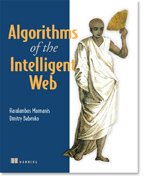
Recent Posts
Can We Trust Marathon Pacers?
Introducing LibRunner
Clojure Books in the Toronto Public Library

Once Upon a Time in Russia

FHIR: A Standard For Healthcare Data Interoperability

First Release of CSVSource
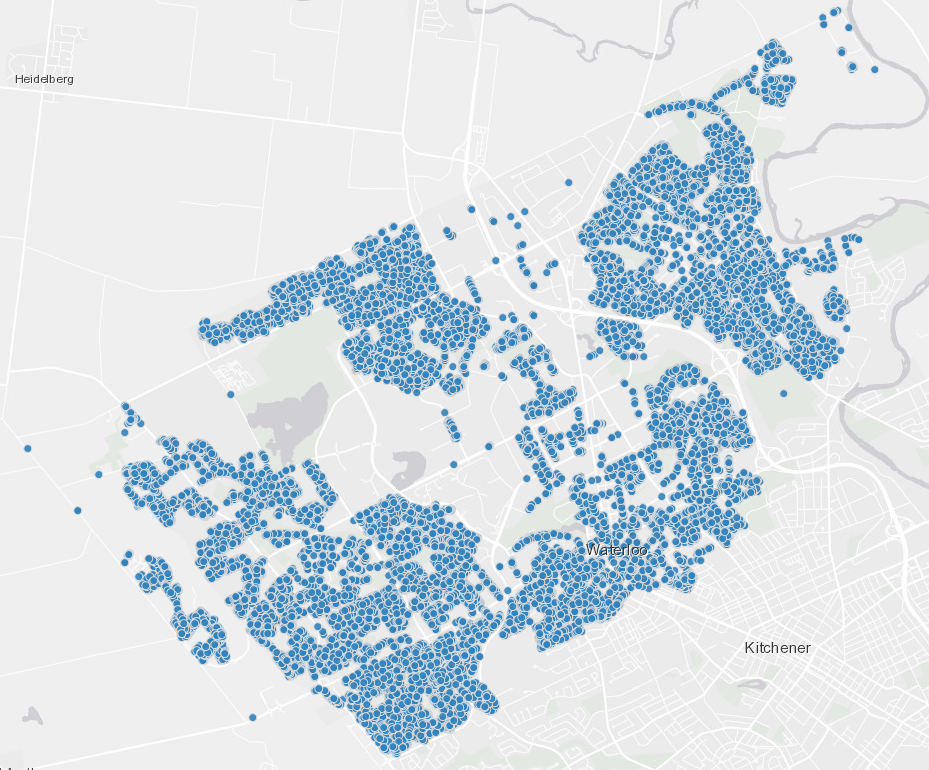
Astonishing Carl Sagan's Predictions Published in 1995

Making a Configurable Go App
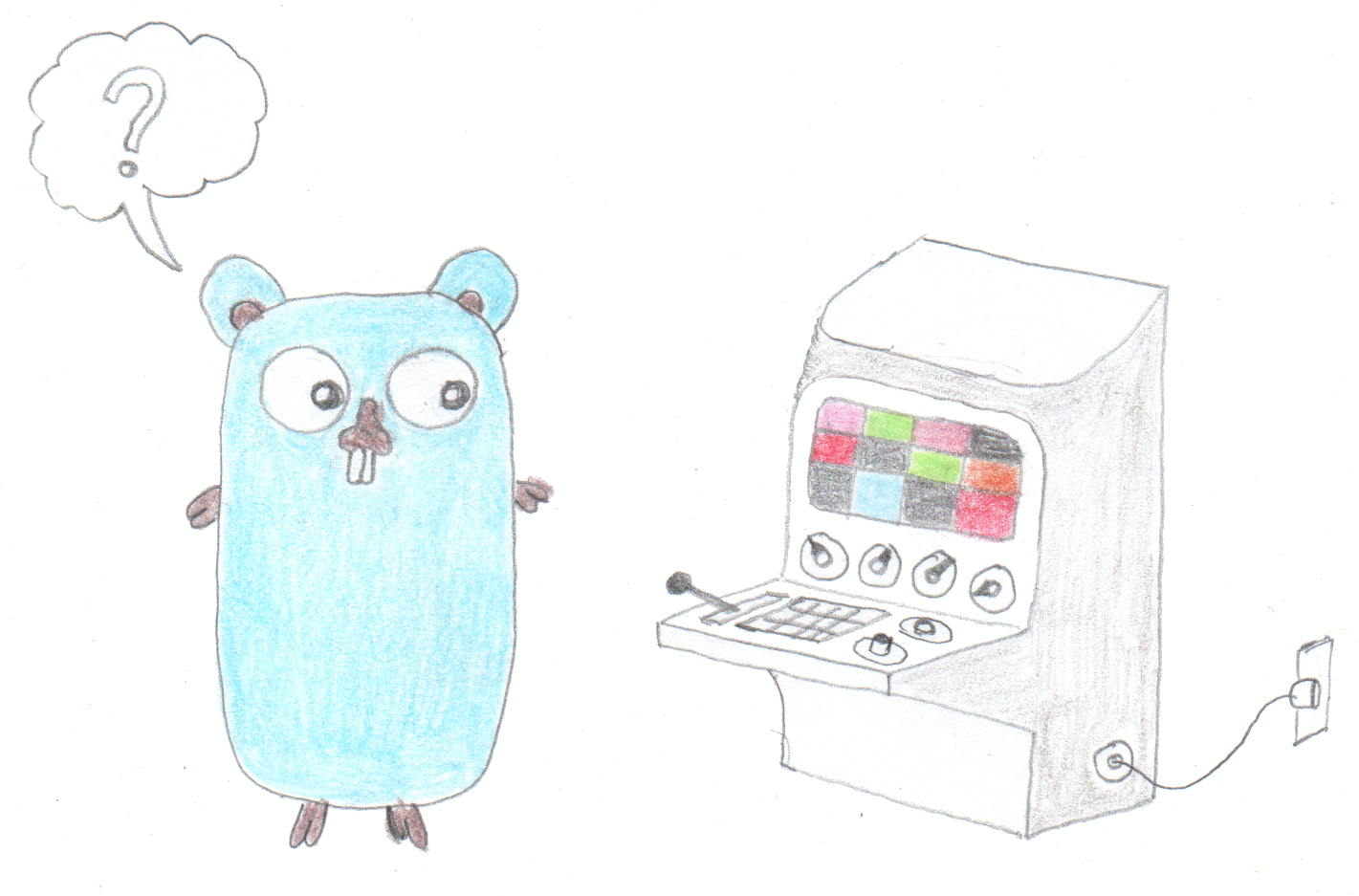
Dealing With Pressure Outside of the Workplace
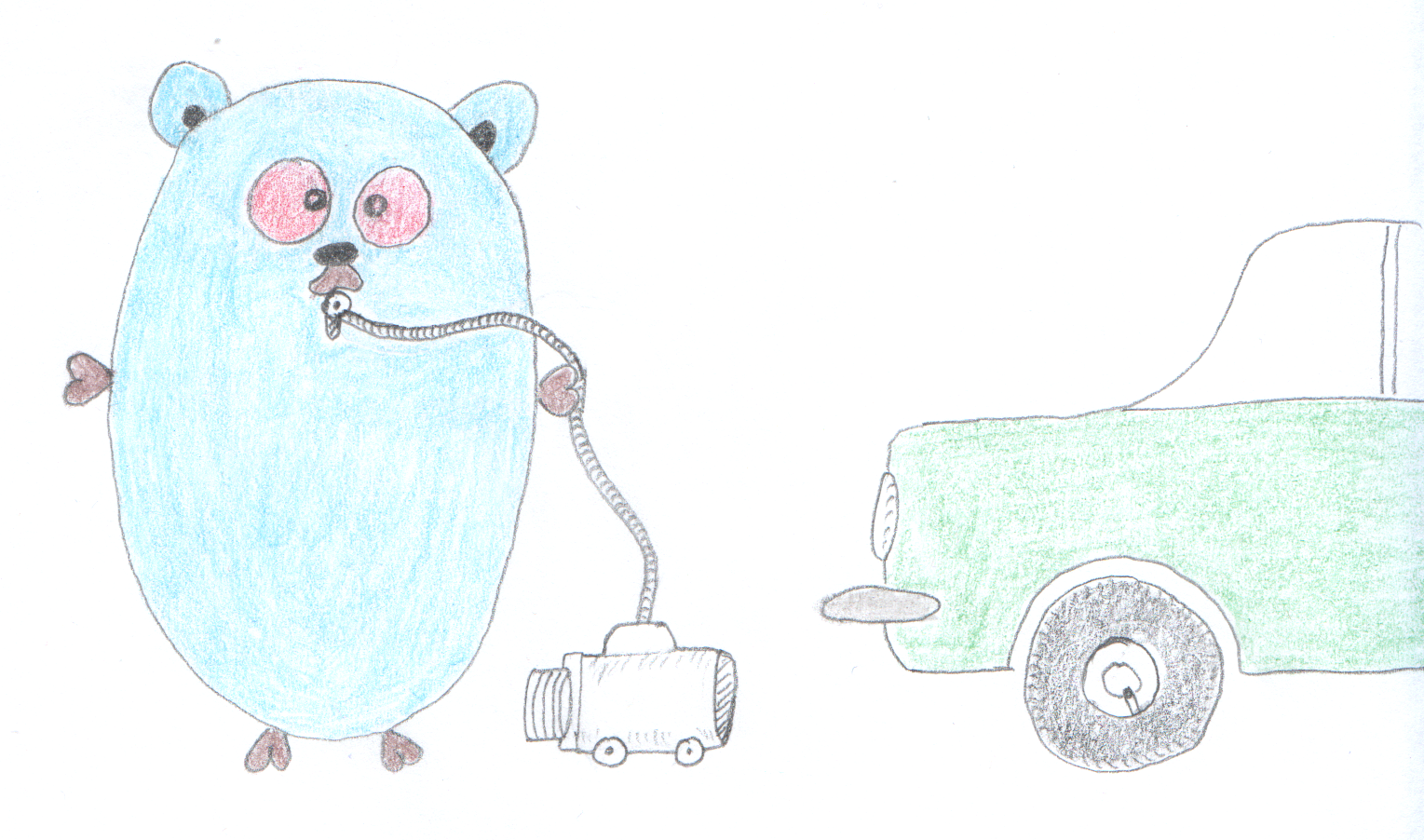
Reacting to File Changes Using the Observer Design Pattern in Go
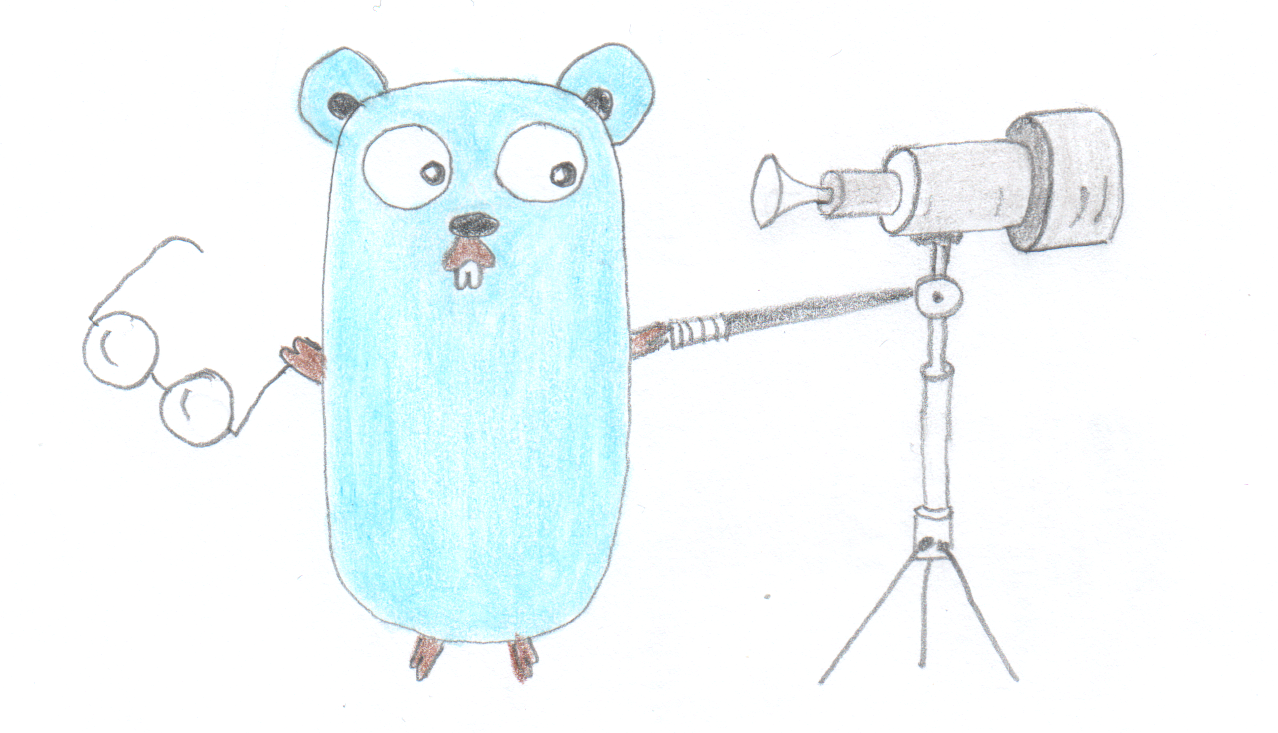
Provisioning Azure Functions Using Terraform
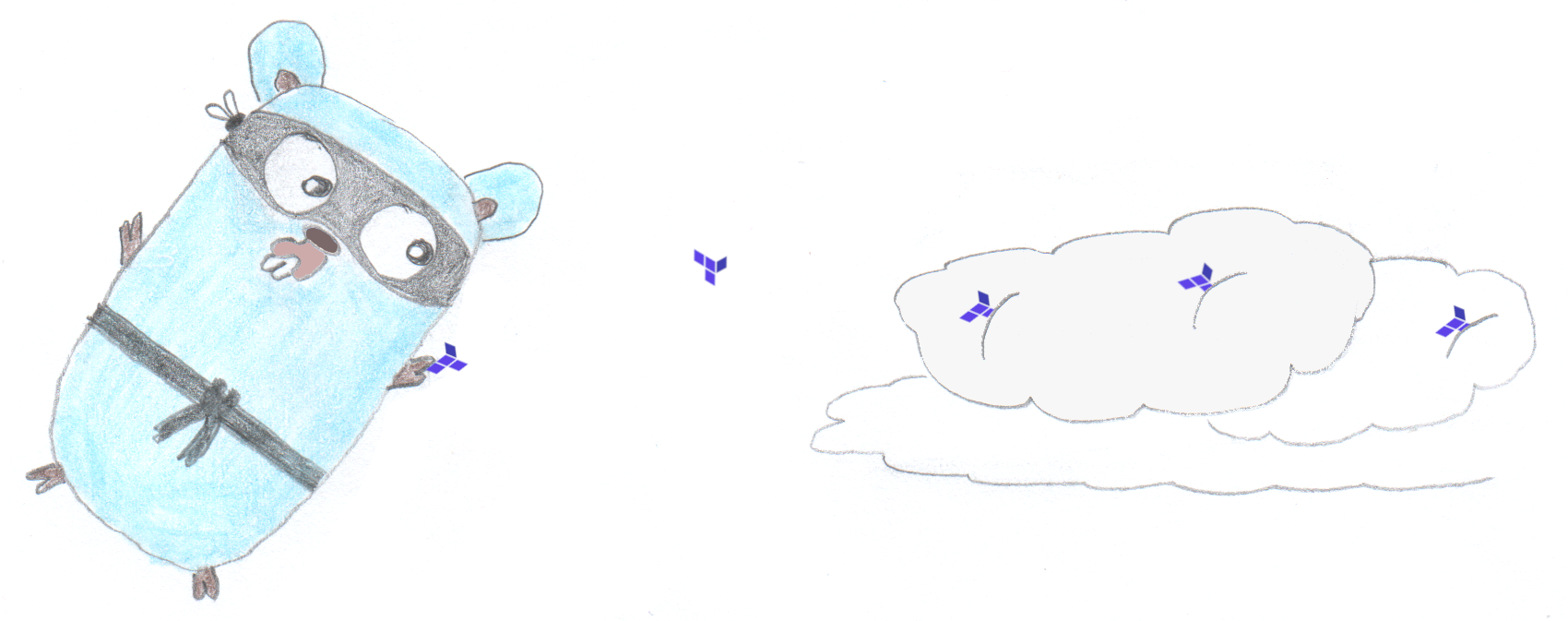
Taking Advantage of the Adapter Design Pattern

Applying The Adapter Design Pattern To Decouple Libraries From Go Apps

Using Goroutines to Search Prices in Parallel

Applying the Strategy Pattern to Get Prices from Different Sources in Go
